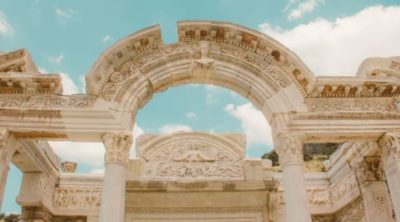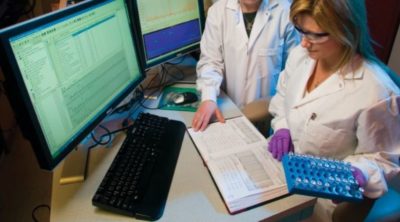The history of dentistry stretches further back than that of most modern careers. As long ago as 7000 BC, dentists existed in the Indus Valley to remove decaying teeth. Teeth give us the ability to eat as well as take it away! Due to the importance of teeth in our everyday lives, even the ancients needed them to be pain-free and healthy.
Read on to learn the history of one of the oldest medical professions in the world. From Ancient Sumeria, to Greece, to France, and to today, dentists have remained an integral part of our lives.
History of Dentistry in Ancient Times
In 7000 BC, the Indus Valley Civilization had dentists to check people’s teeth for “tooth worms.” We know that from at least 5000 BC on, people recorded descriptions of ancient dentists, even describing tooth decay. The ancient Sumerians spoke of tooth worms, which was actually the prevailing theoretical cause of tooth rot for thousands of years.
Then Ancient Greeks like Aristotle and Hippocrates wrote of the need for repairing and removing decayed teeth as part of a physician’s duties. However, it took until 1530 for anyone to write a bona fide book on dentistry, acknowledging it as a profession and outlining in writing its duties and qualities. This book was called The Little Medicinal Book for All Kinds of Diseases and Infirmities of the Teeth. As a matter of fact, it is essentially when modern dentistry began.
France and the Transition Years
To transition dentistry from an ancient to a modern career, the French surgeon Pierre Fauchard wrote the 1723 book, The Surgeon Dentist, a Treatise on Teeth. This book described in detail how teeth should be cared for by users and treated by medical professionals. It is the hallmark work of modern dental codes, practices, and tooth care standards.
Fauchard established the modern staples of dental care, such as using dental fillings to repair decay and prostheses for fixing bite issues. He even outgrew the ancient belief that tooth worms cause tooth decay, identifying sugar and acid as the culprit of the wear and tear he observed on his patients’ teeth.
Fauchard is therefore known as the Father of the modern dentist.
History of Dentistry Today
From Fauchard’s teachings, dentistry continued to advance. In 1840, a dental college opened in Baltimore, Maryland. Then, Alabama introduced the first dental practice in 1841. Later that century, the American Dental Association formed, along with the Harvard University Dental School, founded in 1867.
With university affiliation, dentistry had become a modern science and profession. In 1873, Colgate had synthesized the first toothpaste and began selling toothbrushes by the millions in the coming years. America didn’t get the memo on good oral hygiene until after WWII, however, when soldiers returned from France with “new” ideas about how to care for their teeth.
In Conclusion
History of dentistry spans thousands of years. While the health practice originally involved extraction and checking for “tooth worms,” it evolved in the 1700s into a modern career path. Modern dentists owe their job to Fauchard. However, the passion they have for helping people has been shared by professionals for almost 10,000 years.


